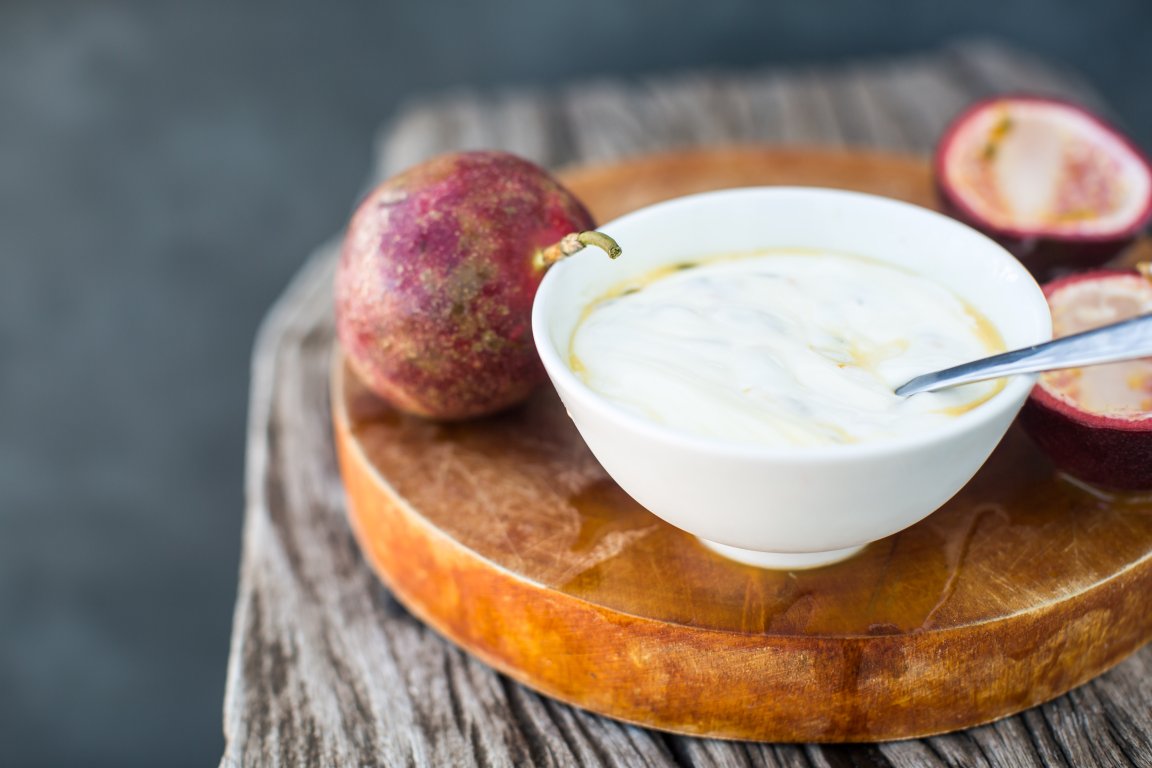
Benefits Of Probiotics
Probiotics — “good” bacteria that provide a health benefit to the humans who consume them — have been with us since the beginning. Since they are found naturally in fermented foods and breast milk, they constitute part of the ancestral human diet. However, the trend of commercial products that contain probiotics is a relatively new trend, and one that is growing.
According to the World Health Organization (WHO), probiotics are “live microorganisms which, when administered in adequate amounts, confer a health benefit on the host.” The rub is knowing whether or not there’s a proven health benefit. The mere presence of “billions of live organisms” does not confer a health benefit — not that you’d know that after browsing the aisles of a health food or high-end grocery store.
However, Jack Gilbert, director of the Microbiome Institute, points out the crux of the problem in his article in Nautilus: a dearth of research. “The lack of clinical trials demonstrating efficacy is the major obstacle to knowing whether [probiotics] are better than existing formulations that have been shown clinically to help with diarrhea and atopy. Claims that probiotic mixtures will help to support overall health are still woefully unproven.”

Furthermore, because the industry operates without any real regulatory oversight in the US, you can’t really be sure of what you’re getting. Multiple studies have found that there were discrepancies between the labelled ingredients and what was actually found in the product, and this problem was especially egregious among products containing multiple strains of bacteria. For example, an analysis of 16 probiotic products conducted in 2015 found that only one of the 16 products tested exactly matched its label for every sample tested.
A Gut Feeling
While most commercially available probiotics make health claims that aren’t supported by research, there is some truth to the claim that probiotics can be beneficial. Different probiotics contain a variety of strains of bacteria in differing concentrations, and they all have different properties. Unfortunately, only a small minority of these have been subjected to actual clinical trials and proven effective — and the confusion in the probiotics space leads to too many consumers buying for benefits they’re not getting.
Take the example of yogurt. Two strains of bacteria typically go into the making of yogurt: Streptococcus thermophilus and Lactobacillus bulgaricus. However, neither strain gets through the gastrointestinal tract alive; the acidic environment kills them long before they reach the colon. Certain yogurts are enriched, though, with different strains that can survive the intestinal tract, such as Activia (containing live Bifidobacteria) and Yakult (containing live Lactobacilli), which have been researched well enough to be conclusively beneficial.
Meanwhile, researchers are uncovering new connections between gut bacteria and serious health issues — previously assumed to be unrelated to diet or bacteria — frequently. Scientists are searching for links between gut bacteria and autism, as well as gut bacteria and Parkinson’s disease, as well as investigating how much of an impact gut bacteria have on the efficacy of drugs. Researchers are also hoping to harness the power of probiotics to create tailor-made treatments for a host of diseases, and even to extend the human lifespan.
For now, though, the average consumer should temper their optimism with healthy scientific skepticism. Probiotics are never a “cure-all,” so don’t trust claims about any probiotic product that allegedly solves a myriad of health issues. Those that target specific health issues, especially those related to digestion, are a safer bet.
Probiotics have a great deal of promise, and merit more research attention; but for now, consumers should be wary of what they’re really getting.